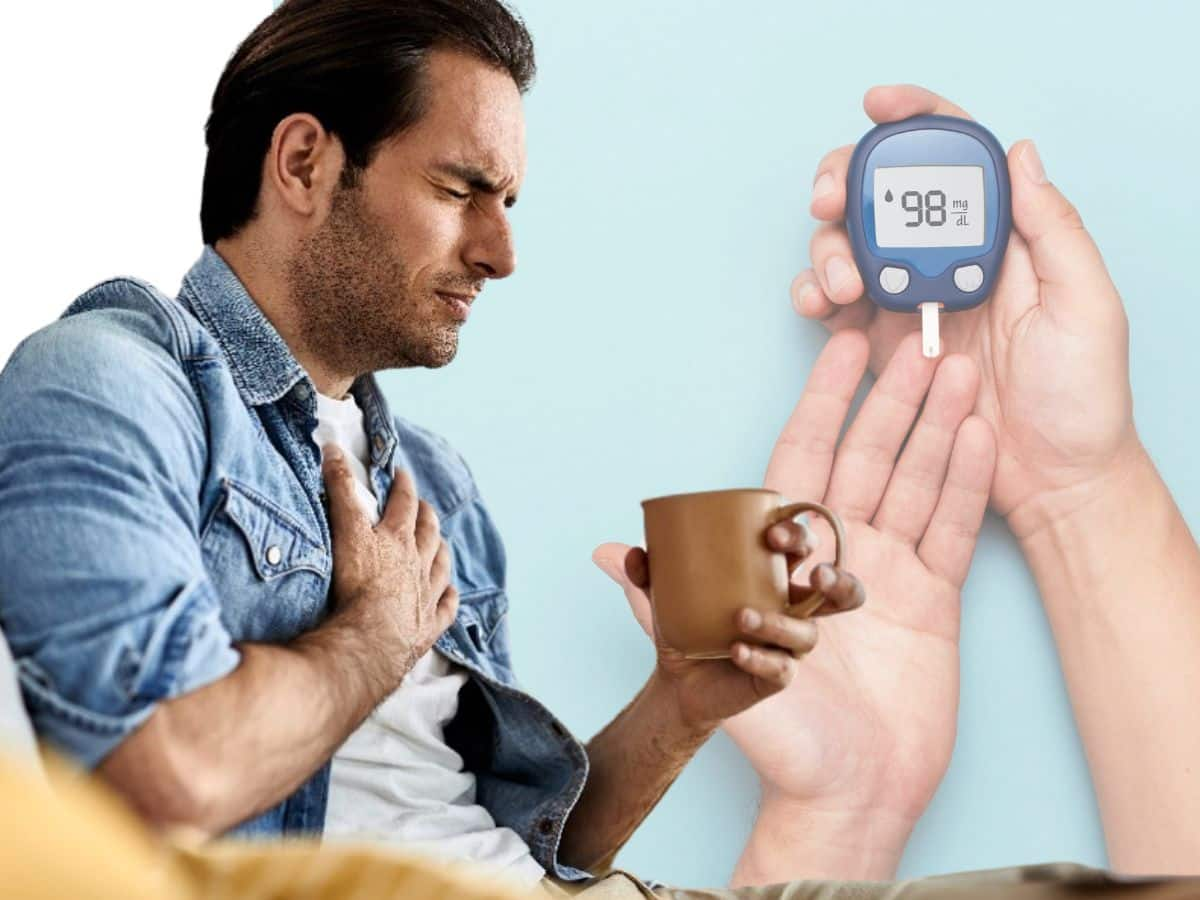Share this @internewscast.com

Top 7 diabetes signs at night that you should know and be aware of!
Symptoms of High Blood Sugar At Night: There is no denying that diabetes is a potent disease, affecting countless individuals globally. High blood sugar levels define this long-term condition, and if left unchecked, it leads to several complications. A common complaint among diabetics is the intensification of symptoms as the night falls. In this article, we delve into 7 diabetics’ symptoms that come alive when the sun goes down and suggest ways to keep them at bay.
Diabetes Symptoms At Night: What You Should Know
Are you suffering from high blood sugar levels? Look out for these diabetes signs and symptoms that may worsen at night.
Increased Urination
Visiting the bathroom more frequently than usual is a tell-tale diabetes sign. The body’s way of flushing out surplus sugar is through urine. However, the kidneys’ night-time function takes a dip, resulting in increased peeing. If your sleep is punctuated with frequent bathroom breaks, it’s time to consider a blood sugar check.
Increased Thirst
Polydipsia or excessive thirst can keep diabetics reaching out for water more often at night. The body copes with fluid loss due to increased peeing by triggering thirst. Nonstop sipping of water at night is another reason to get your blood sugar levels audited.
Extreme Tiredness
Feeling consistently weary and tired, especially at night, is common with diabetes. High blood sugar levels can prevent cells from using glucose effectively, resulting in insufficient energy. This can disrupt a peaceful night’s sleep and leave you feeling even more drained the following day.
Restless Legs Syndrome
Restless Leg Syndrome (RLS) is an uncontrollable urge to move the legs, often accompanied by discomfort. Diabetics are often victims of RLS, the symptoms of which exacerbate at night. The ensuing unease can make sleeping a challenge, which in turn leads to further sleep disturbances.
Midnight Leg Cramps
Experiencing leg cramps, particularly at night, is another nocturnal alert to diabetes. Often nerve damage due to diabetes is the culprit behind these cramps. The resulting ache and unease can wreak havoc on sleep. A mix of stretching exercises and suitable medication could provide respite.
Breathing Pauses in Sleep
Sleep apnea, or sleeping disorder is another nighttime symptom of high blood sugar levels. This condition is marked by a disorder that causes irregular breathing or superficial breaths during sleep, is more prevalent among diabetics, and tends to heighten symptoms at night.
Excessive Sweating At Night
Night sweats can be another indication of diabetes. Variations in blood sugar levels can tamper with the body’s temperature control, causing excessive sweating during sleep. If you wake up night after night in a pool of sweat, a check on blood sugar levels is warranted.
Disclaimer: If you notice any of the above-mentioned signs and symptoms getting intensified at night, make sure to visit and consult a doctor or a physician at the earliest.










